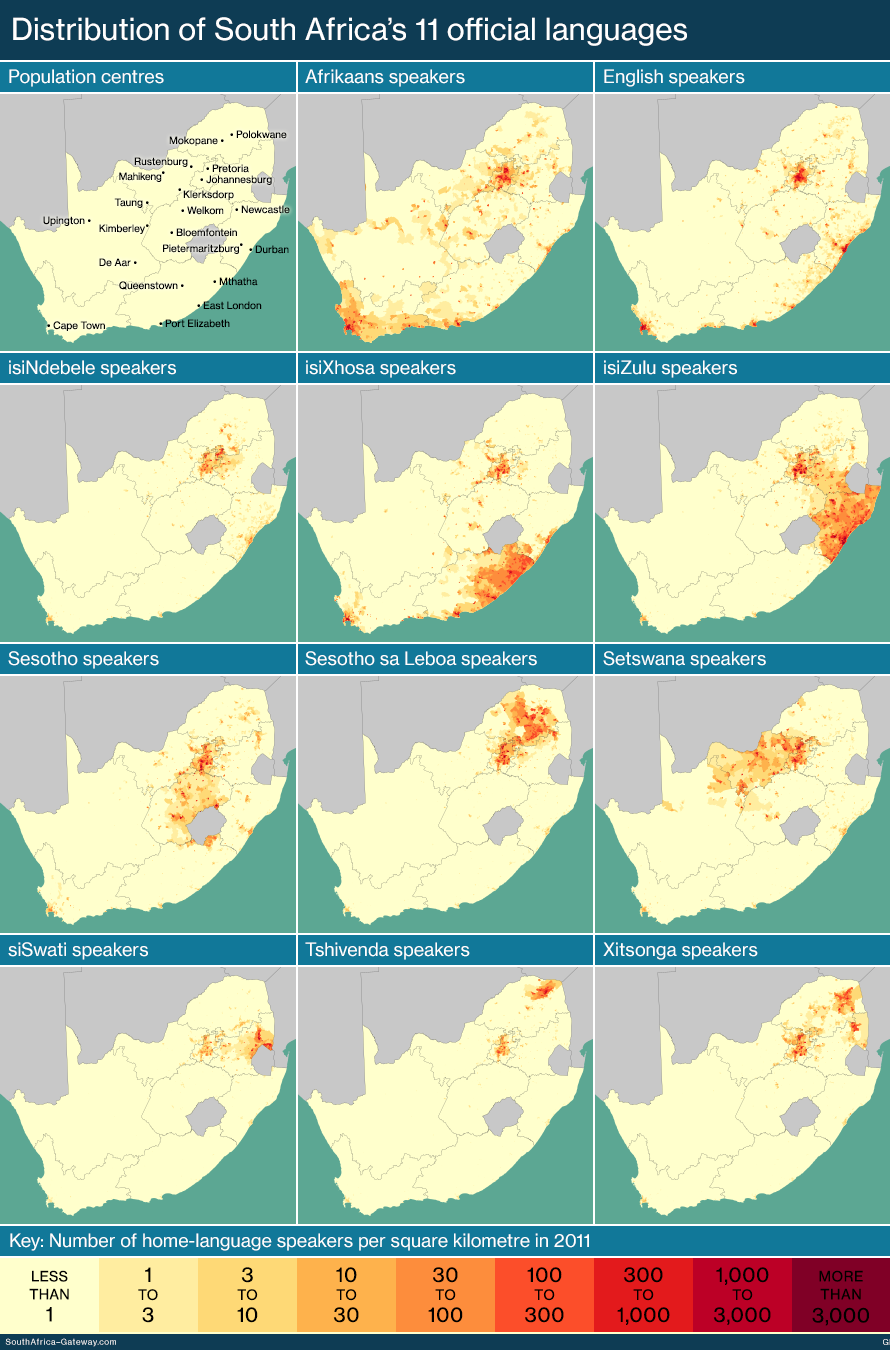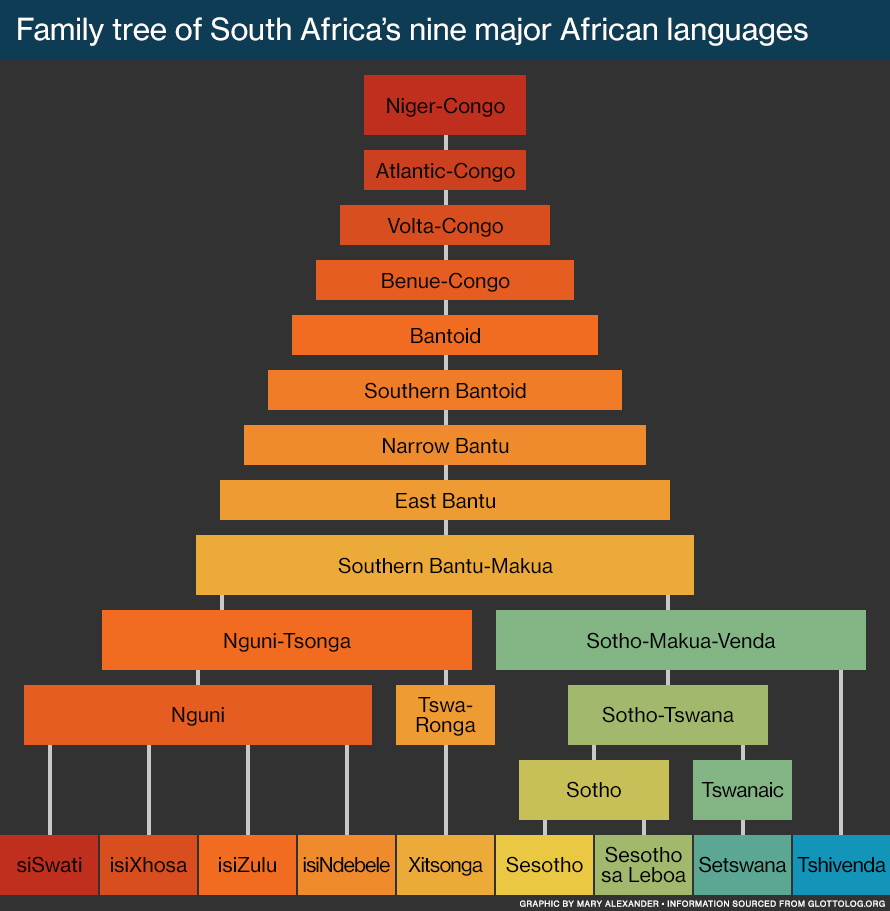How Many Languages In South Africa
South Africa evokes images of majestic landscapes, wildlife safaris at sunset, and, for those old enough to remember, the dramatic emergence of one of the world’s youngest democracies more than a quarter-century ago. Yet, the rich tapestry of languages spoken in South Africa is often overlooked, despite being crucial to understanding the nation’s identity. This linguistic diversity is a testament to the intricate history of indigenous communities, colonial encounters, and the journey from oppression to reconciliation.
The shadow of colonialism looms large over South Africa, as it does across many nations. The Dutch first colonized the region in the mid-17th century, followed by periods of British control, which introduced English alongside the evolving Afrikaans, born from the Dutch spoken by settlers. The indigenous African populations, speakers of their native tongues, faced severe oppression and discrimination amidst this colonial expansion, culminating in the apartheid era—a dark chapter of legalized racial segregation that began in 1948.
Exploring South Africa’s linguistic landscape reveals the depth of the country’s history and its complex present. South Africa is recognized for its linguistic diversity, with 11 official languages as per its democratic constitution, including English, Afrikaans, and nine indigenous Bantu languages, making it one of the most multilingual countries globally. Beyond these, a variety of other languages and dialects, such as Hindi, Portuguese, and various indigenous creoles, enrich the nation’s cultural fabric.
Afrikaans, a language unique to South Africa, evolved from “kitchen Dutch” into a symbol of Afrikaner nationalism, especially during the apartheid era. Today, it is spoken by over 17 million people, with a significant number of speakers among the “coloured” communities, a term from the apartheid classification system. Afrikaans shares much of its vocabulary and grammar with Dutch, yet it has also absorbed influences from Malay, Portuguese, French, and indigenous African languages.
English arrived with the British in the 19th century and has grown in stature, especially post-apartheid, as a language of official communication and business. Despite its relative minority among native speakers, English facilitates national and international engagement.
The Bantu languages, spoken by the majority of South Africans, have a rich history predating colonialism. These languages, which include Zulu and Xhosa, were marginalized during the apartheid era but remain vital to the country’s cultural and social landscape.
The linguistic diversity of South Africa offers a window into its complex past and ongoing narrative. As the country continues to navigate its identity and heritage, the evolution and interplay of these languages will be pivotal in shaping its future.

In South Africa, how many languages are spoken?
South Africa has eleven (11) official languages, however there are over 35 more languages spoken there. The most popular languages in South Africa will be covered in this article.
English-speaking Africans speak it well!
Although English is frequently used for daily or casual contact, many South African homes still speak their native tongues. For the record, South Africa was formerly a British colonial nation. Because of this, English is still utilized in a variety of contexts, including common discourse, government papers, the media, and schools.
In South Africa, there are 11 official indigenous languages.
Zulu
One of the Zulu language’s most widely spoken dialects in South Africa is isiZulu. Like many regional African languages, isiZulu is extremely dynamic. The language switches between English and local African words.
South Africa is home to the IsiXhosa language.
Like the Zulu language, IsiXhosa is a Nguni language. With the exception of some sounds and words, both IsiZulu and Zulu are Nguni languages. Like many other African languages, it also uses clicking.

IsiNdebele dialect
isi Ndebele is a minority language that has frequently been labeled as “unknown” due to the small number of speakers. People in Gauteng, Mpumalanga, Polokwane, and Mokopane speak Ndebele. Family lines continue to teach it because it is not taught in schools.
Sepedi
The Sepedi language can also be heard amongst people in Gauteng, Limpopo, and Mpumalanga, similar to the IsiNdebele. It and the Sesotho language are quite close.
Setswana
Like the majority of the languages spoken in South Africa, Setswana is a Nganu-Bantu language. Its sound is primarily comparable to that of the Sotho languages. It’s widely spoken as a second language and utilized as a lingua franca in addition to being an official language.
SiSwati
The Nguni languages include the Swati language as well. One of the indigenous South African languages which is part of the academic curriculum. Many individuals can thus speak this.
Tshivenda
The majority of its speakers are from Limpopo. Tshivenda is connected to interesting traditions, just like Sepedi. In addition, families with royal blood mostly speak it.
Xitsonga
It shares a close relationship with the Tswa and Ronga tongues. The majority of its native speakers are concentrated in Chiredzi, Gaza, Maputo, Limpopo, and Gauteng. One of South Africa’s oldest languages is Xitsonga.



